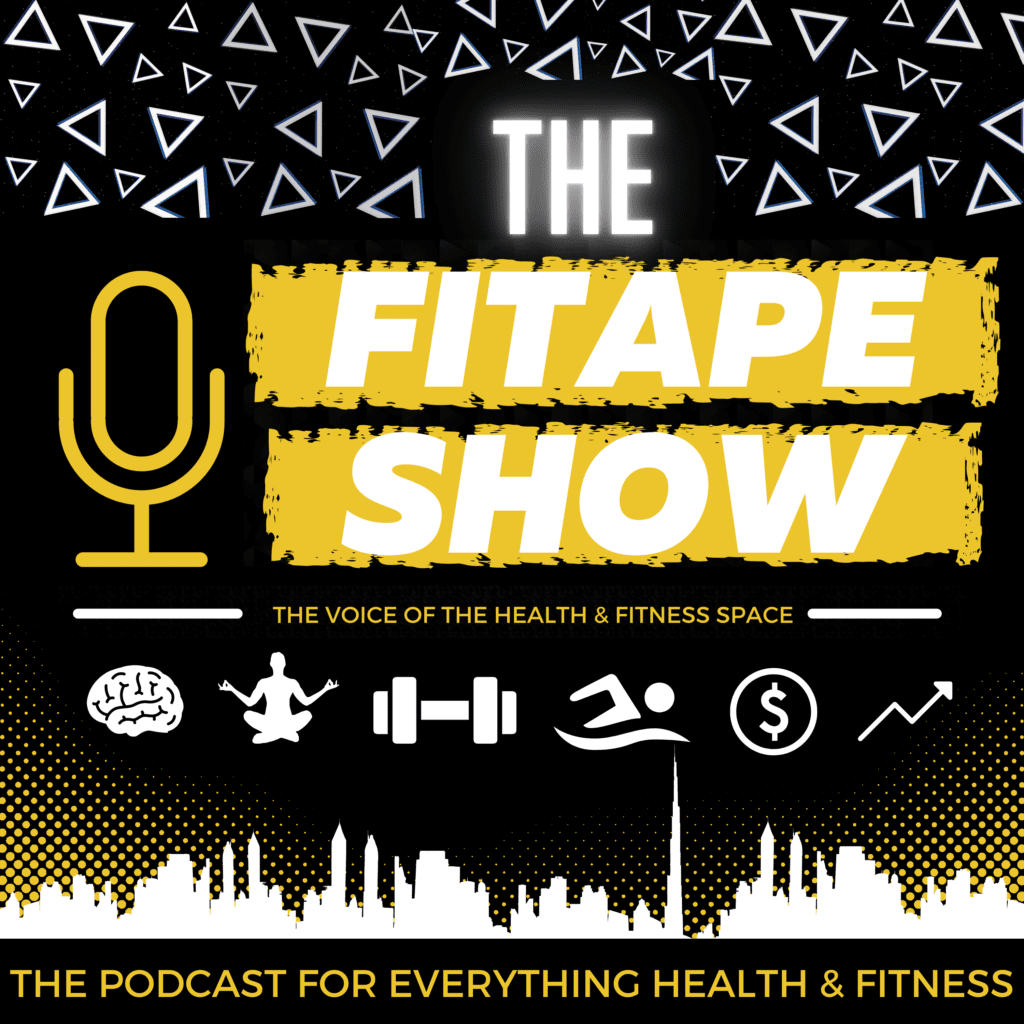Are you wondering about adjusting your diet to support the hormonal fluctuation during the luteal phase? Hormones are a game changer when it comes to your health. But why do people emphasize the luteal phase diet? Generally, our diet influences the production and secretion of hormones. For instance, magnesium-rich foods help counteract PMS, while vitamin C-rich foods affect cortisol levels.
Almost all the nutrients support hormonal detoxification by influencing their activity and production. Therefore, it is essential to focus on the luteal phase diet to manage its symptoms with foods. Here is a quick review of how diet influences the luteal phase:
- Proteins – raw material needed for hormone production
- Sulforaphane-rich foods – supports the detoxification process
- Vitamin C-rich – helps the production of cortisol
- Magnesium-rich – support PMS associated water retention
Several other factors influence the hormone fluctuation during the luteal and follicular phases. We will briefly explain the luteal phase diet for extreme comfort.
What Is Luteal Phase?
It is the phase when progesterone stimulated by the luteinizing hormone becomes dominant. Progesterone production prepares the body for a possible fertilized egg and implantation.
In terms of your cycle length, it can vary widely depending on several factors, including:
- Age
- BMI
- Hormones
- Contraceptives
One study investigating a large set of data on menstrual cycles found that almost 88% of the 32,595 participants involved in the study reported a cycle length of between 23 to 35 days.
How to Track Your Luteal Phase?
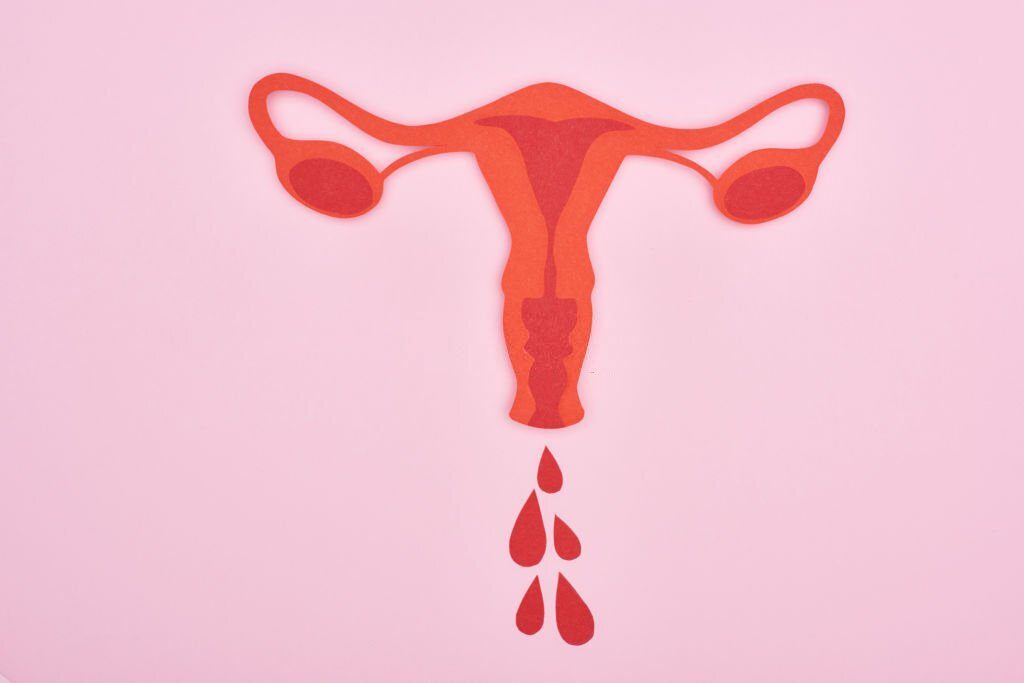
You might be wondering about tracking your luteal phase. There are several ways to include everything from monitoring cervical mucus to basal body temperature.
Here are some ways to track the luteal phase:
- Monitor the cervical mucus
- Checking the position of the cervix
- Basal body temperature
- Ovulation prediction kit
One of the easy ways to track the luteal phase is tracking the periods.
Also, Read – Why your Diet is Not Working?
Luteal Phase Diet – What to Eat
Hormones naturally fluctuate throughout the menstrual cycle. Therefore, it is crucial to monitor the luteal phase diet to better serve your body. During the luteal phase, you can target the below foods.
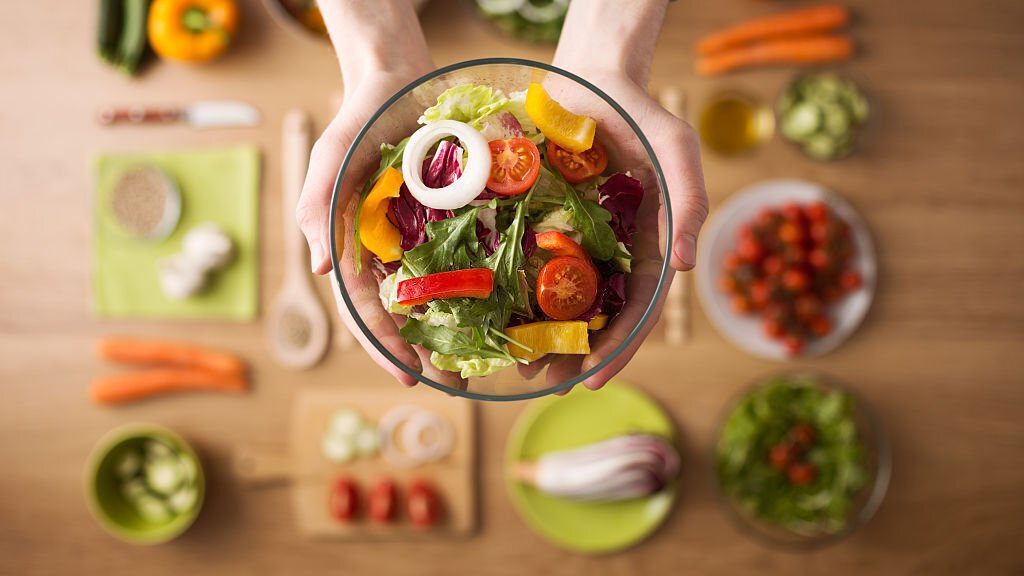
Enriching the body with magnesium can help lower anxiety and water retention as well as promote sleep. A review on the effects of magnesium found evidence that it could help reduce mild anxiety in addition to PMS symptoms, in part due to its ability to regulate stress hormones.
When opting for magnesium-rich foods, you can consider:
- Nuts
- Almonds
- Cashews
- Dry roasted peanuts
- Spinach
- Black beans
- Whole grains
- Avocado
- Dark chocolates
One of the best ways to manage PMS symptoms is the use of calcium-rich foods. Calcium intake results in lowered symptoms of anxiety, depression, and water retention. You can reach calcium-rich foods easily.
Here is the list of calcium-enriched foods to incorporate:
- Sunflower seeds
- Beans
- Lentils
- Chia seeds
- Edamame
- Yogurt
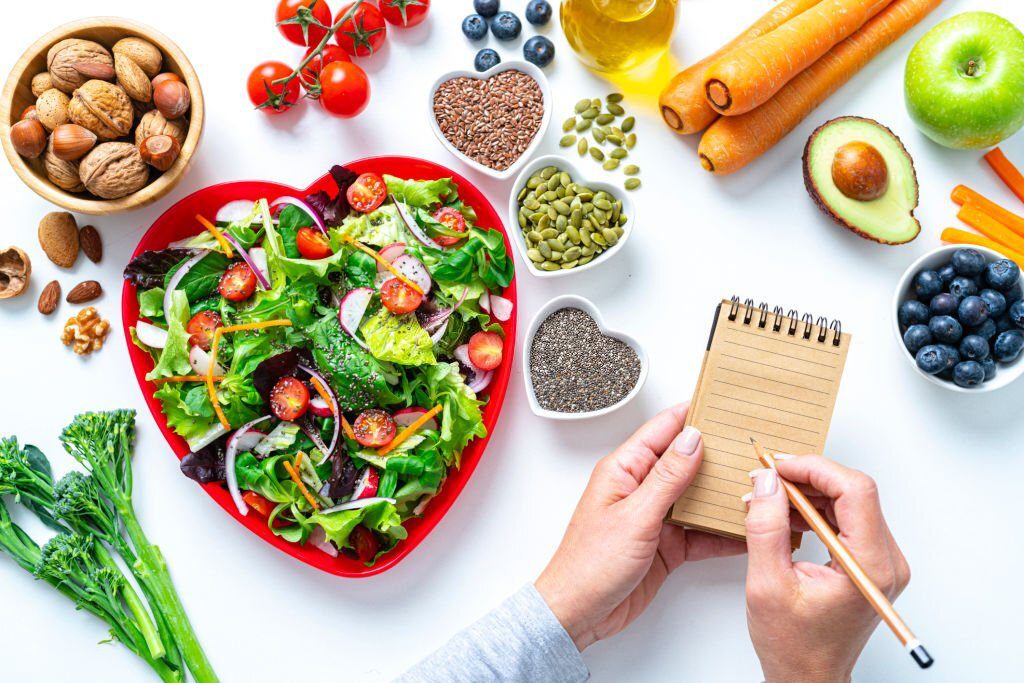
How can we skip a healthy luteal phase diet that comprises vitamins? Vitamin B6, B12, D, and C help ward off the symptoms of pre-menstrual syndrome. Despite adding the nutritional diet, the luteal phase diet must contain foods for digestive strains.
Here is how these vitamins are the best luteal phase diet:
In addition to helping the functioning of your immune system, vitamin B6 can positively impact the emotional symptoms of PMS including levels of depression, irritability, and tiredness. Fill your plate with salmon, tuna, chicken, chickpeas, and sweet potato.
In combination with vitamin B6, B12 produces healthy red blood cells and maintains an iron level in the body. It impacts your brain and how you feel during your cycle. You can take these advantages by incorporating, trout, egg, and chicken into your luteal phase diet.
Increasing the Vitamin D content in the Luteal phase diet helps you keep your body function at its best. One of the easy ways to incorporate vitamin D is taking natural foods. Foods containing Vitamin D are salmons, egg yolk, cod liver oil, and cereals.
A Vitamin C-enriched luteal phase diet is best to alleviate the PMS symptoms. It is due to the ability of vitamin C to reduce oxidative stress. Additionally, it will support your immune health.
Also, Read – 15 Natural Foods to Curb Hunger
A diet high in protein as well as fiber is known for its ability to keep you feeling fuller for longer, potentially reducing the likelihood of additional snacking and cravings that arise during this phase. Plus, there are several other benefits to protein-rich foods.
Your luteal phase diet must contain plenty of proteins to maintain your muscle strength. It prepares your body to bleed during your period.
Some protein-packed foods include:
- Lean meats
- Fish
- Tofu
- Eggs
- Leany greens
- Beans
- Lentils
- Chickpeas
Some Ways to Fuel Smart During the Luteal Phase
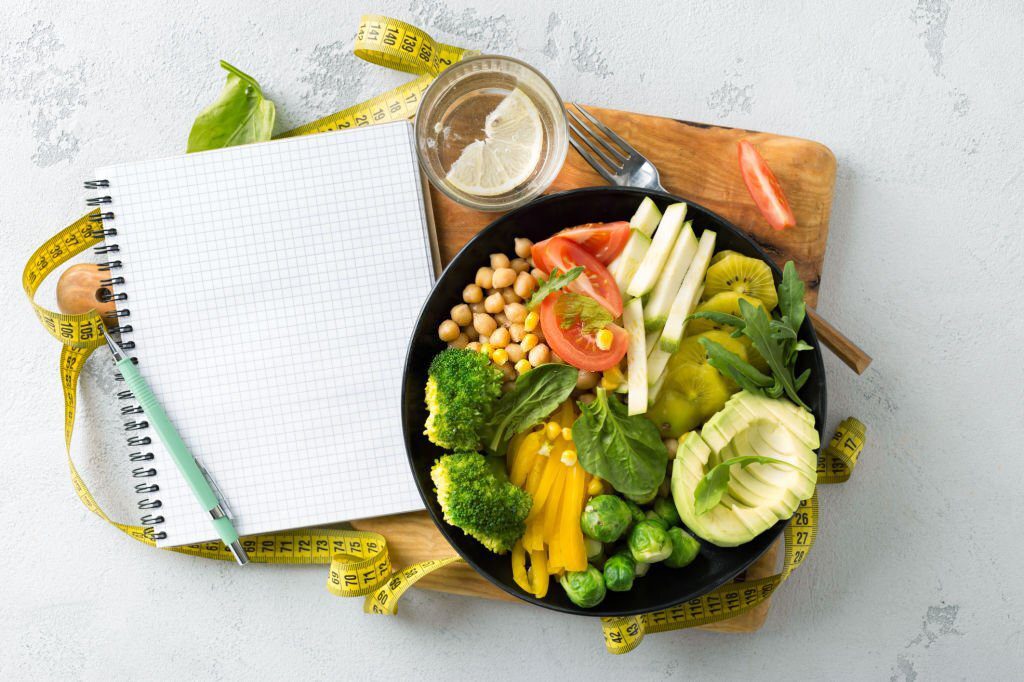
The third phase of the menstrual cycle includes several interesting things. Here is how you can support your hormonal balance and fitness goals:
You might feel hungry at some stages of your cycle. It is because the blood sugar level is less stable that leads you to food cravings. You can stop yourself from reaching junk foods by taking a protein-rich diet.
Targeting the luteal phase diet is essential to balance the estrogen and progesterone hormone to feel better. It is crucial focusing on your gut microbes and gut bacteria. To help maximize the good bacteria, you can take fermented foods high in probiotics. Also, you can use yogurt and pickled vegetables.
To promote a healthy luteal phase length the use of vitamin B in the luteal phase diet is beneficial. You can compensate for the amount of Vitamin B and B12 by taking oats, chicken, bananas, and eggs.
The Bottom Line – Luteal Phase Diet
To maintain your overall health, it is essential to eat a variety of nutritious foods. All the foods are crucial during all the phases of menstrual cycles. During the luteal phase, focus on foods containing magnesium and calcium as well as protein. The Luteal Phase diet can help boost your mood and lessen PMS symptoms.
If you find that PMS is unbearable or interferes with your ability to function throughout the day, be sure to talk to a healthcare provider. Severe PMS may be a sign of another condition that needs to be addressed.


